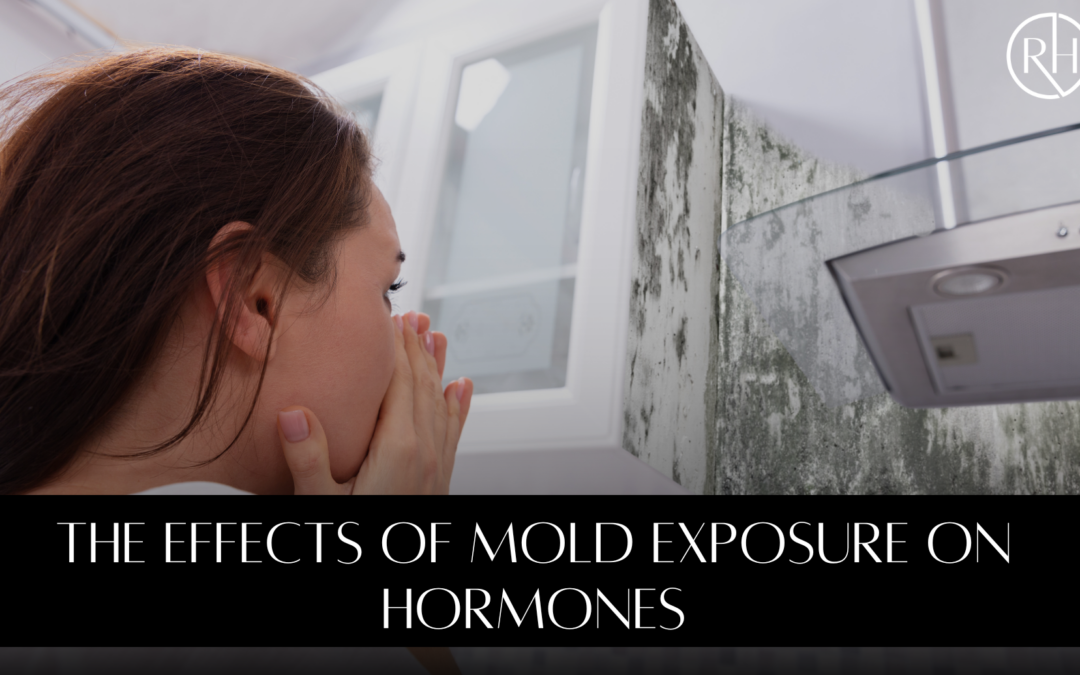If you live in the United States, there’s an 85% chance that you’ve been exposed to airborne mold at some point in your life. Why is this a big deal?
Everybody has seen mold at one time or another on an old piece of bread or cheese. Its commonality can blind us to the fact that sometimes mold can present a significant health threat, even when you don’t eat moldy food. The mold being discussed here is the mold that grows unchecked in unseen places and which can shed microscopic spores that float in the air you breathe. Mold exposure, especially in water-damaged buildings, can lead to various health issues, including hormonal imbalances that might persist for years or even a lifetime.
Mold Exposure Can Have Long-Lasting Health Impacts
Mold is a pesky growth that thrives in damp and neglected environments. Old buildings, basements, and even newer constructions are potential breeding grounds for mold if water damage has occurred. Unfortunately, mold growth can go unnoticed for extended periods because it is often hidden in walls or under flooring. If your car window is open on a rainy or snowy day, the moisture may start mold growing under the carpet. Even structures that look fine on the surface may hide a health threat.
The danger of airborne mold is that it can affect you even when you have moved on. If you lived in an old house or college dorm that had a latent mold problem, that mold may have gotten into your system in the form of mold mycotoxins. Mold mycotoxins are fat-soluble and can accumulate in your body.
Mold Can Disrupt Your Hormone System
It’s important to note that not everyone exposed to mold will experience hormonal disruptions. Many factors come into play, including genetics, the duration and extent of mold exposure, pre-existing health conditions, your history of using pharmaceuticals, stress levels, and diet. However, here are summaries of some of the effects mold exposure can have on your hormone system:
Adrenal Glands and Cortisol: Your body’s stress response is orchestrated by the adrenal glands, small but powerful organs located atop our kidneys. These glands produce cortisol, a hormone vital for managing stress. When mold toxins enter the picture, they can disrupt cortisol production, leading to either an overproduction or underproduction of this hormone. The consequences can range from feeling constantly wired and tired and experiencing insomnia to slow wound healing and persistent fatigue. Stress generally harms health, and when your body’s response to stress is not well-regulated by cortisol release, the cortisol imbalance over time can take a severe toll on your long-term health.
Thyroid: If you Imagine the thyroid as the “gas pedal” for your metabolism – that is, your body’s ability to convert food into energy – then the thyroid’s job is to ensure that your body functions at just the right speed, giving you energy when you need it. However, mold toxicity can derail this finely tuned system. Mold can trigger an autoimmune response, causing your immune system to attack the thyroid or slow thyroid hormone production. Even when thyroid hormones are produced adequately, mold-induced processes can slow your metabolism, affecting your mood and energy levels.
Reproductive Hormones: Both men and women rely on reproductive hormones for overall well-being and preventing future health issues. In women, mold toxicity can disrupt the balance between estrogen and progesterone or lead to overall low levels of these hormones and the hormone testosterone. This hormonal imbalance can result in infertility, endometriosis, irregular menstrual cycles, and mood disorders. In men, low testosterone can diminish motivation and libido, while elevated estrogen levels can lead to weight gain and breast enlargement.
REVV Health: Achieving Peak Hormone Function
Our environment is full of things that can impact our health, including mold, pollution, and chemicals in our food, air, and water. The bottom line is that when your endocrine (hormone) system is not operating as it should, you can end up feeling tired, irritable, and depressed, and you can find that you have lower energy, higher weight, and subpar mental acuity and memory. Your hormones play a significant role in how you look, feel, and perform physically and mentally.
As we age, we often imagine that feeling run down is just a natural development, especially when we take care of ourselves by eating a healthy diet and exercising regularly. But things like mold and other unseen factors in our modern living environment impact our health without our being aware of it. Maybe you are experiencing not the effect of age but of a hormonal imbalance or deficiency.
At REVV Health, we help people address hormonal imbalances that are holding them back from living their best lives. While hormonal optimization cannot cure every problem, it can help restore some of your former vitality and put your body on a better path to health. It can improve the functioning of your immune system, help you stick to fitness and weight goals more easily, and improve your mental sharpness.
Our process starts with a simple blood test. From a blood analysis, we can measure your hormone levels to determine if the problems you are experiencing result from a deficiency or imbalance. Once you subscribe to our program, we will prescribe a regimen of compounds tailored specifically for you and send them directly to your door. Through regular periodic blood tests, we can monitor your progress and work together to optimize your hormone levels so you can feel your best.
To find out if that brain fog, lack of energy, or mood swings result from hormonal problems caused by mold or other factors, contact REVV Health today.


